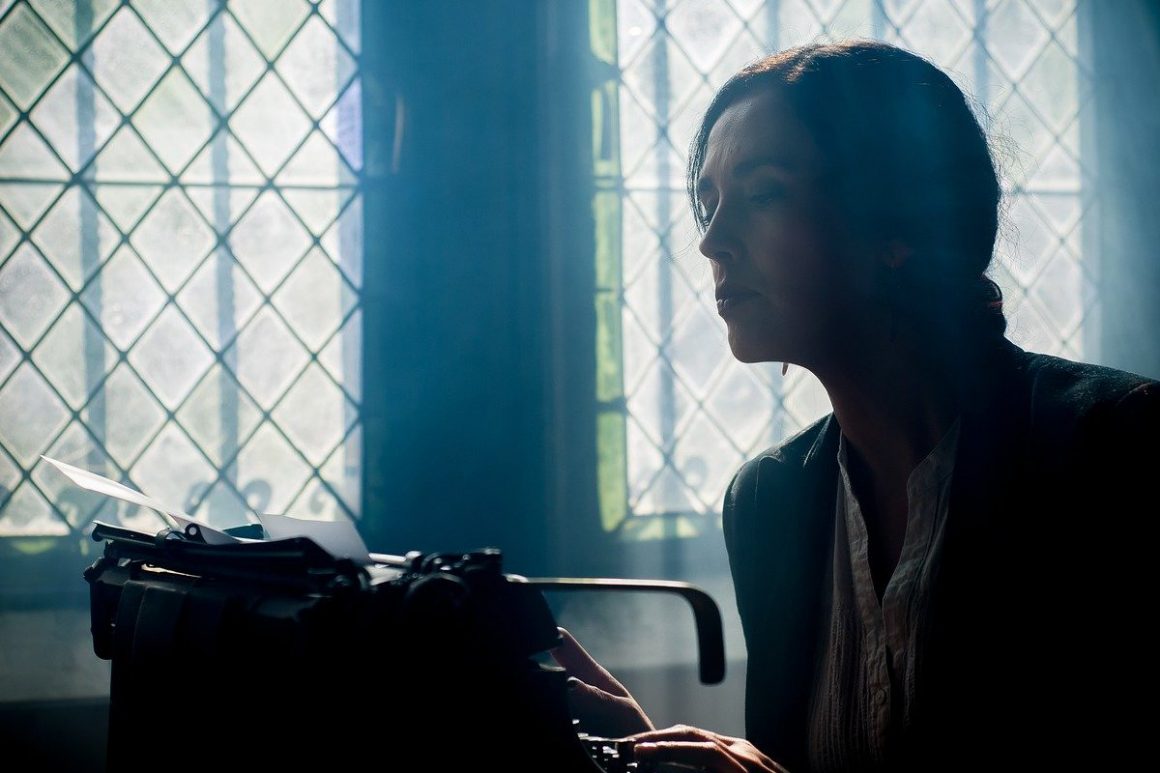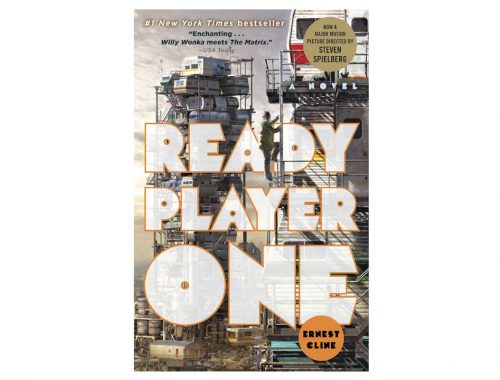
So you want to write a book
Fantastic! Writing can be a fun, creative outlet and might even generate a bit of income (or a lot). It's also a large amount of work. But don't let that deter you. With some perseverance, you can get it done. Here's where to start.
The fist step is determining your topic. The sky's the limit here. Brain storm, mind map, scribble your thoughts on a napkin, do whatever you need to come up with a topic of interest to you.
Why should it interest you? Because you're going to be spending many, many hours thinking about it. The key to sticking with it through the rough patches is maintaining motivation. That my friend, is easier said than done. It's also easier if you like your topic.
As your searching for your topic, think through the next question carefully. Do you want to write to market or just for fun? This is an important question that could dictate if your writing earns cash.
Writing to market means identifying a target audience (or niche) with a particular taste in topic. Then you cater your book to them. You follow the general "rules" and "guidelines" of books in that niche. Generally for fiction, this involves choosing a traditional genre and staying within it as you write.
That said, writing is a creative endeavor. If you want to go out on your own, invent your own mix of genres, or write about spinning wigamathinkers that only your cat cares about, then do it. Just be aware that there may not be many people willing buy your work. Depending on your reasons for writing, this may or may not matter to you.
One note here though, I'm a big fan of "breaking" the traditional rules of writing because that's how progress is made. Your style may be the next big thing . . . . But it may not. Just know that you're taking a risk if you go down this path.
After you've got your topic down, you need to know where your book is going. In other words, you need a plot. There are two categories of authors in this regard: plotters and pantsers. Plotters tend to outline their story on paper (or in a computer). Pantsers just start writing and let the plot come to them as they go.
Of course, there are plenty of people that do both! They'll outline parts of the plot and just go with their mental flow for others. There isn't a right or wrong way to do it. Figure out what works for you. In fact, you may find yourself using different techniques for different books.
Now, write the first draft. Some people love to write messy first drafts while others write fairly polished from the get go. Again, this is a personal style thing. Don't get caught up on it. Just start writing.
And keep writing. Don't give up. Get words down. Finish the draft.
Whew! that was fun right? At the end of this step, you'll have a completed draft.
Next, it's time to focus on editing the work yourself. Start by reading your entire work. Delete, rewrite, and reword as needed. Read it out loud if you can. This forces your mind to focus on the words and not skip over as many. You'll find a lot more mistakes this way. Once you've gone through it a second time, hand it off to a friend (or two or three) to edit.
Fix everything they find that makes sense. Remember to use your judgement here. Look up things you aren't sure about. Don't accept their edits blindly, but don't ignore them either. If you're first readers are confused by a particular wording, there's a good chance others will be as well.
Don't get upset with the number of edits or mistakes they find. Remember, the more they find, the better your final product will be. After you've fixed the errors, or while you're doing it, reread the entire novel again. As you're rereading, fix everything that needs attention.
After this, you're probably ready to send off your manuscript to an editor. Hooray! You're book is almost complete. After going back and forth with the editor, you'll have a good feel for when it's ready to publish.
Don't make major changes and publish the manuscript without sending it back to an editor.
How many rounds of editing and rereads does it take to finish your book? I can't give you an exact number because it varies by person. However, I can guarantee that it's more than one. Never, ever, ever, publish the first draft of your manuscript. (Unless your final manuscript was a huge success and you can sell the first draft as a keepsake to some collector for a ton of money. After all, how much do you think the first draft of Harry Potter would be worth?)
As always, feel free to ask questions and let me know if this was helpful to you in the comments below.




